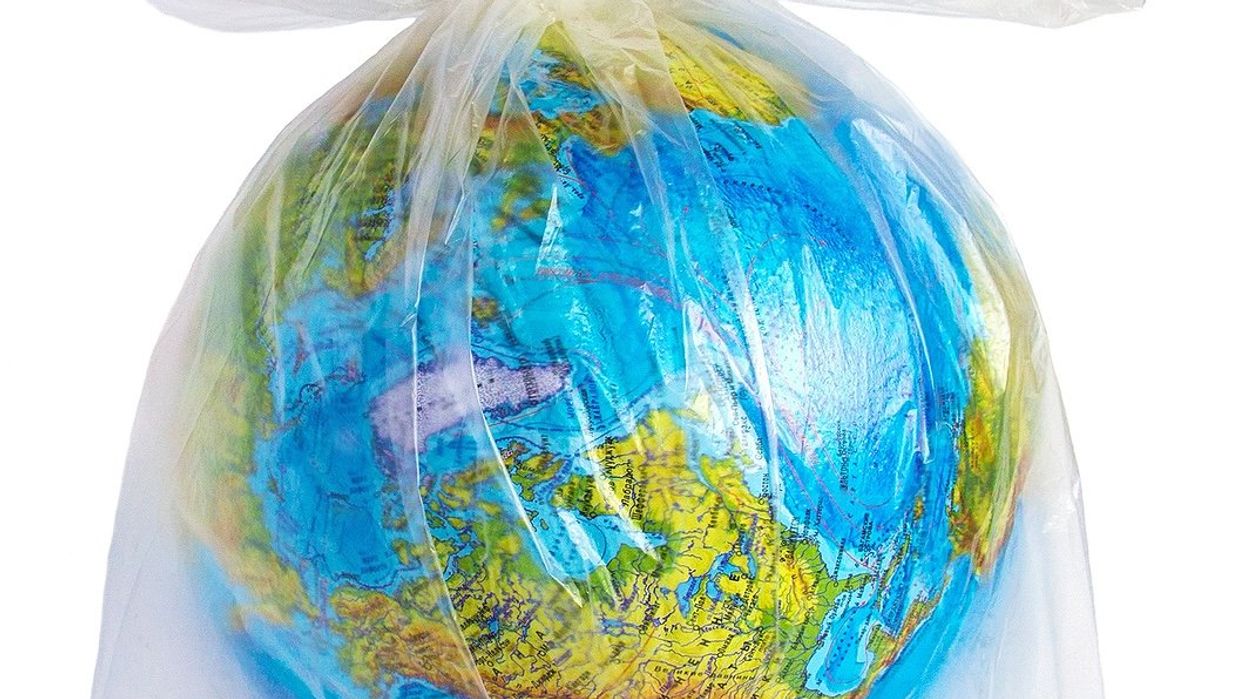New Hampshire lawmakers advanced a bill banning ski, snowboard, and boat waxes containing PFAS, aiming to reduce the spread of harmful chemicals into the environment.
Izzy Lidsky reports for Powder.
In short:
- House Bill 167 would ban the sale and use of ski, board, and boat waxes with intentionally added PFAS, expanding on a 2024 law that restricts other PFAS-laced products beginning in 2027.
- PFAS, used to make ski waxes faster and more water-resistant, can leach into snow and water, contaminating watersheds and posing health risks like cancer and reproductive issues.
- The bill has bipartisan support, passing committee 15-0, and follows similar efforts in Colorado, Vermont, and Minnesota, alongside a competition ban by the International Ski and Snowboard Federation.
Why this matters:
In the frosty world of competitive skiing and weekend slopes, ski wax is having a reckoning. Long overlooked, the fluorinated compounds in many high-performance waxes — particularly PFAS, or per- and polyfluoroalkyl substances — are now under scrutiny for their lasting environmental and health effects. As snowpack thaws, the PFAS compounds left behind seep into surrounding soil and water, eventually making their way into lakes, rivers, and drinking water supplies. Though ski wax represents just one thread in the PFAS web, its visibility and recreational ties have helped draw public attention to the chemical’s quiet ubiquity. The bans cropping up in snowy states are part of a growing push to confront the hidden toxic legacy of modern consumer habits.
Related EHN coverage: Workers exposed to PFAS in a variety of industries















